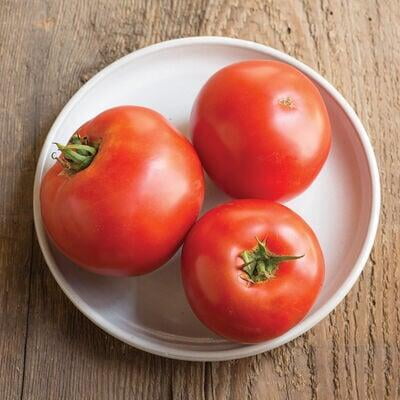
Mig farm provide a wide collection of tomato seeds that could be growing in UAE weather and the gulf weather too, we have different varieties of cherry tomato, big tomato, f1 tomato's, and different colors of tomatoes. they are easy and strong tomatoes.
